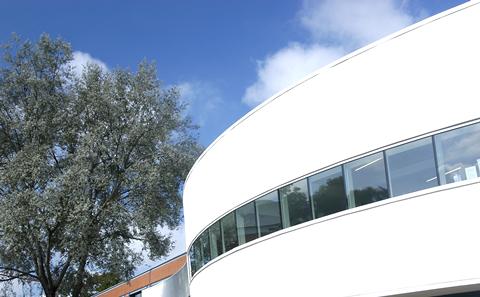The learning outcomes corresponding to the taught component are:
Knowledge and Understanding
Having successfully completed this programme you will be able to demonstrate knowledge and understanding of:
A1 mathematical and statistical tools for economic analysis;
A2 the theoretical foundations of microeconomics and macroeconomics;
A3 the process of model formulation, analysis and validation in economic theory;
A4 the application of economic theory and economic reasoning to a range of topics, including the analysis of economic policy;
A5 qualitative and quantitative economic data and the appropriate methods for structuring and analysing such data;
A6 the statistical foundations of econometric methods;
A7 recent developments in econometric inference and their application to economic data;
A8 alternative approaches to quantitative modelling in economics;
A9 theoretical and empirical developments at the research frontier in two specialised areas of the subject.
Teaching and Learning Methods
- Lectures, seminars, problem classes and independent research.
Assessment Methods
- Written examinations, problem sets, project-based coursework and periodic meetings with supervisory panel.
Subject Specific Intellectual and Research Skills
Having successfully completed this programme you will be able to demonstrate the following key intellectual skills that characterise the economist's approach to problem solving and decision making:
B1 The ability to abstract the essential features of complex data and to formalise and construct a model for the critical analysis and evaluation of theory, of its application and of policy.
B2 A critical understanding of the application of inductive reasoning to assumption based models.
B3 The ability to validate empirically economic models through a process of estimation, testing and evaluation using a range of statistical methods applied to a variety of economic data.
B4 The ability to evaluate the applicability of a range of research methodologies to the conduct of economic research.
B5 The ability to formulate research questions in economics and/or econometrics and translate these into appropriate research designs.
Teaching and Learning Methods
- Lectures, seminars, problem classes and independent research.
Assessment methods
- Written examinations, problem sets, project-based coursework and periodic meetings with supervisory panel.
Transferable and Generic Skills
Having successfully completed this programme you will be able to:
C1 communicate complex economic arguments in both written and oral form;
C2 make effective use of a range of ICT including the Internet, word-processing, databases and spreadsheets;
C3 identify, select and access a range of sources of printed, electronic and other material as a means to the development and presentation of arguments and evidence;
C4 demonstrate awareness and understanding of the ethical and legal issues associated with the conduct of research in the social sciences;
C5 design, implement and manage a piece of research.
Teaching and Learning Methods
- Lectures, seminars, problem classes and independent research.
Assessment methods
- Written examinations, problem sets, project-based coursework, Master’s dissertation and periodic meetings with supervisory panel.
Subject Specific Practical Skills
Having successfully completed this programme you will be able to:
D1 make informed judgements on the design and effective implementation of policies to address a range of economic problems;
D2 have an extensive knowledge of the principal sources of economic information and data;
D3 master a range of statistical software for the organisation, presentation and analysis of economic data.
